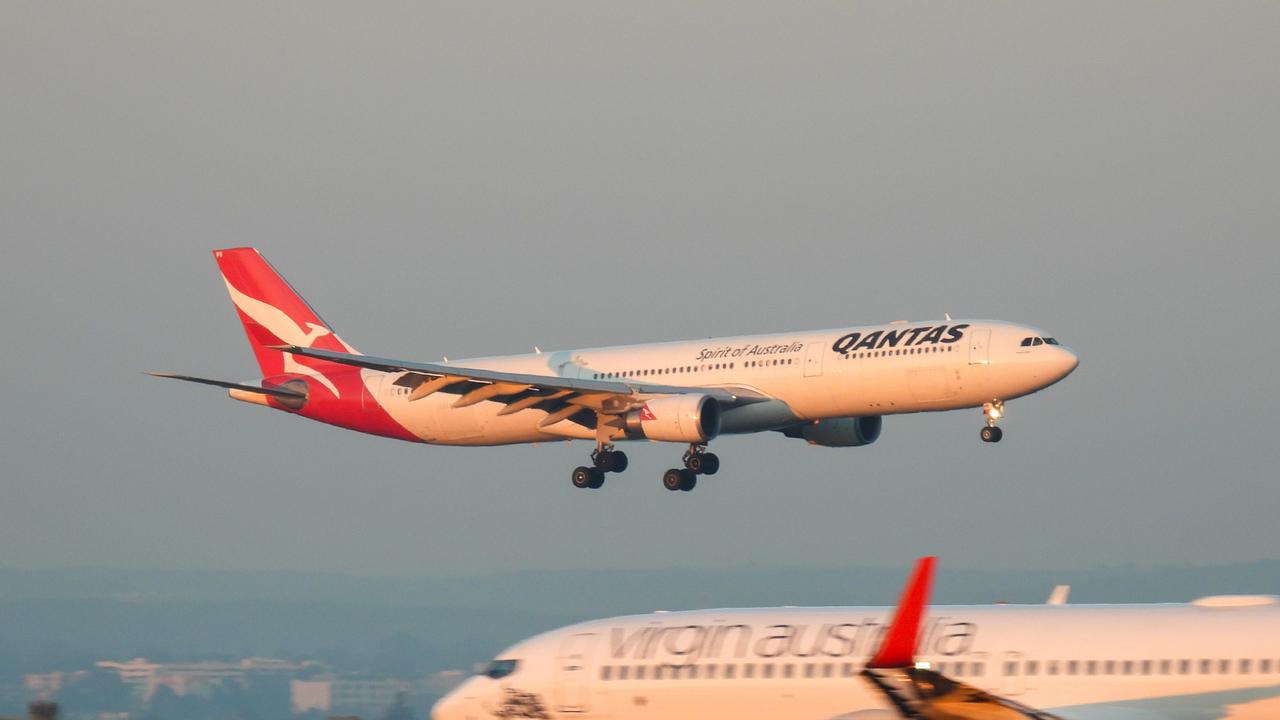Chris Bowen and Ted O’Brien answer The Australian’s questions on energy and climate
With an election imminent Energy Minister Chris Bowen and opposition spokesperson Ted O’Brien answer the big questions on energy and climate.
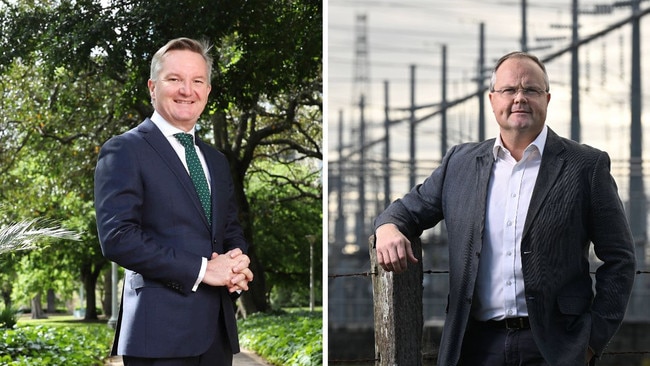
Chris Bowen
What are our biggest barriers to net zero by 2050?
With every big economic change, there are always going to be obstacles and hurdles and indeed barriers – supply chain, labour shortages, social licence. These are all things we have to overcome. Also, in the political debate, people have moved on from outright climate denial onto “it’s all too hardism” and arguing that “it’s all too hard to do this” and any little delay or any little change in rollout is jumped upon by actors in the system trying to undermine confidence in the entire transition.
What do you say to fears there will be more blackouts and a less reliable grid in the lead up to 2050 under Labor’s plan for renewables backed up by gas?
It’s actually the exact opposite. The biggest threat to reliability in our energy system now is coal-fired power – coal-fired power outages that are unplanned. We can deal with planned coal-fired power outages, but the unplanned outages are going up at an exponential rate. The more you sweat those assets and leave them in the system longer, as the Coalition will do, the higher the risk of blackouts.
As those coal assets retire, does the energy grid become more reliable?
If they’re replaced by the right mix of renewables and storage, yes, and gas peaking.
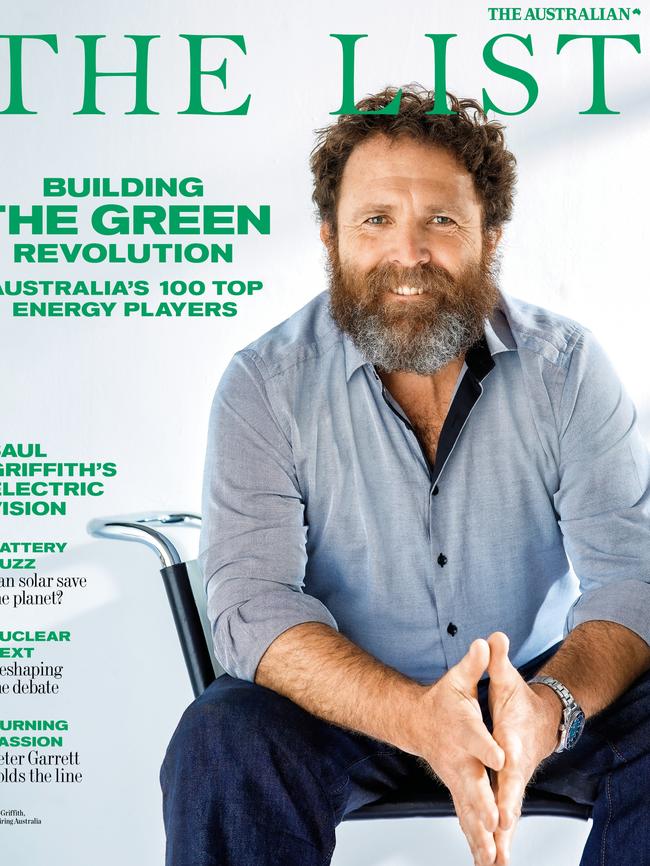
This is an article from The List: 100 Top Energy Players 2024, which is announced in full on November 22.
Has there been a moment during your time as Climate Change and Energy Minister where you’ve felt despair at the journey to achieving net zero?
No, not despair; some frustration here or there, sure, but never despair…The reality is we are as well placed as any country in the world to get this job done. It’s the biggest economic change since the industrial revolution, in the timeline of the digital revolution, and I’m not the first person to say it. So there are going to be plenty of thrills and spills along the way, but [I’ve] never [felt] despair about it.
Is it reality that power prices will continue to go up in Australia over time, regardless of who’s in power?
No. Renewables are the cheapest form of energy available. More renewables into the system makes energy bills lower than what they otherwise would be. It’s disingenuous when people say “if renewables are so cheap, why are energy bills going up?” Because we don’t yet have enough renewables in the system.
How important are Australia’s domestic climate policies to our standing, particularly in the Pacific?
It’s the entry ticket to be regarded now as a serious, credible country. It’s the absolutely fundamental requirement to be involved in a serious conversation. That’s the case around the world, not just the Pacific. Obviously, it’s existential for the Pacific family, but you can’t be regarded seriously in Europe or indeed in Asia, unless you have a critical climate plan. Australia is seen internationally by governments around the world, of all persuasions, as being a climate leader now (under Labor). No question.
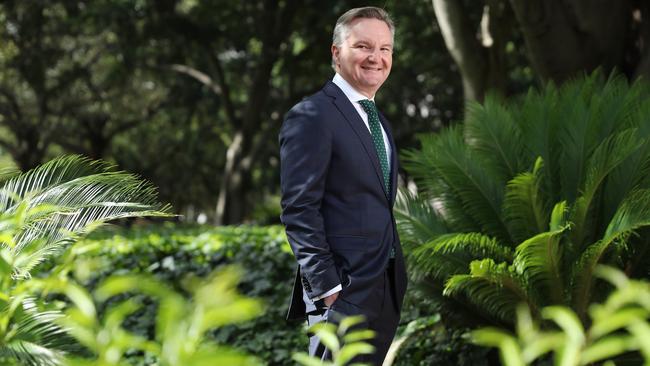
As a developing country, China has different commitments under Paris than developed nations. Should they be forced to take deeper climate action?
Their differential responsibilities are mainly around climate finance, not around mitigation so much. They have their targets, which are carbon neutral by 2060. Would I like to see stronger targets from China? Sure, but I’d like to see stronger targets from everyone and China is the world’s biggest emitter now. But also, they installed as much utility solar, for example, in 2023 as the whole world did in 2022. They’re 19 per cent of the world’s economy but 33 per cent of the renewable investment. Without what China’s doing, the world would not be making the progress we are. Is there more for them to do? Yes. Are they playing a very big role? They’re playing a very big role and a renewable role around the world.
Has the government made the wrong multi-billion-dollar investment decisions in hydrogen?
No. The reports of the death of the green hydrogen industry are greatly exaggerated. There are bumps and hurdles. Someone puts out a glossy brochure in 2022 and life’s a bit different in 2025. Welcome to the real world. That’s what happens. But the fundamentals remain. In fact, we have a pipeline of investment in Australia [of] more than $200bn. It remains the fact that 20 per cent of the world’s hydrogen projects are in Australia, even after Fortescue and Origin. Hydrogen is a new industry, which is getting cheaper as it goes, but there are challenges in doing that. Nuclear is an old industry, which is getting more expensive as it goes.
Will Labor announce and adopt a 2035 emissions reduction target before the election?
We have said we’ll set our 2035 target next year. The Paris Accord outlines the process. No country has yet set an NDC [nationally determined contribution]. I’ve begun the process of the Climate Change Authority giving me advice, that’s important. The legislation doesn’t allow me to issue a target until I receive that advice. I won’t receive that advice for a little while yet because they’ve got a job to do. We’re obviously watching overseas. To be frank, there’s a lot riding on what other countries vote to do in the coming weeks and months. In particular the US.
In what year do you expect to be on track to meet your 43 per cent by 2030 emissions reduction target or 82 per cent renewables by 2030 target?
I don’t know the answer yet. We’ll be putting up the latest forecast soon. We’re doing a lot. In all seriousness, 42 [per cent emissions reduction by 2030, as forecast by the government] isn’t bad. Will I get to 43 this year? I don’t know yet, but we’re leaving nothing on the field.
When will there be a consensus on climate policies?
Potentially never. In all seriousness, I’d be all up for bipartisanship. I am, by inclination, a bipartisan on big policy questions. If you can bring the two parties of government together and send a message to investors, it doesn’t matter who wins an election, policy will remain the same. I’m all up for that, and I would negotiate and compromise to get that done. But at the moment, it would be like negotiating with Peter Dutton about whether we should put more water on the fire or more petrol on the fire, or maybe we should mix the water and the petrol together. It’s not going to work, because our world views are just so different.
How would you sum up your opponent in one word?
Reckless.
Ted O’Brien
What are our biggest barriers to net zero by 2050?
The biggest barrier for Australia in moving towards net zero will be remaining isolated internationally in how we embrace technology to get us there.
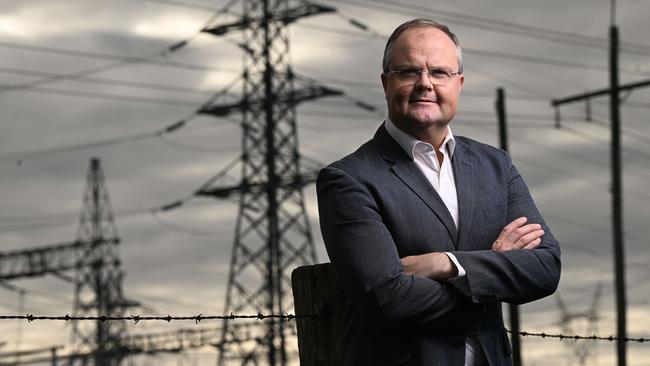
Are you talking specifically about embracing nuclear or other technologies, too?
I’m talking broadly. A problem the current Australian government has is they have ill-defined the challenge that needs to be met…not to maximise the use of renewable technology, but rather to reduce emissions. We need to learn from other nations who have adopted an all-of-the-above approach to meeting the challenge for emissions reduction and that requires an embrace of a balanced mix of technologies, not being wedded to favourites.
Why shouldn’t Australia make the most of its “world-leading” renewables resources?
Australia should make use of its comparative advantages across a full gamut of resources and technologies…[We believe] using the optimum level of renewables, together with complementary technologies, [can] ensure Australia enjoys cheap, clean and consistent 24/7 electricity for decades to come.
How important are Australia’s domestic climate policies to our standing, particularly in the Pacific?
We are seen as a country…with low sovereign risk and a pragmatism in approach and as a nation that delivers on what it commits to. This is why I’m so concerned about the approach Labor has taken. We now have some of our closest partners, such as the Japanese, calling Australia out for heightened sovereign risk. The government made emissions reduction commitments, which it is not delivering on, but rather emissions have flatlined. And instead of a pragmatic technology-led approach, we have a government travelling the world, selling climate and energy policies on a bag full of slogans. This is not the Australia which has built its reputation over decades. This is the Labor Party, which unfortunately is leaving brand Australia weaker because it is not delivering on what it’s promised.
If the Coalition wins the election, is it the plan to stop large-scale renewables projects from coming online, or simply have fewer projects than under Labor?
Our approach in government will be to continue a rollout of small and large-scale renewable projects, together with pouring more gas into the market as we embrace abating technologies, while getting ready for a coal-to-nuclear transition over the medium to longer term.
What do you say to Australians who believe the Coalition is full of climate deniers delaying ambitious action on climate change?
Australians are a pragmatic people who typically judge others by their performance, not just their words. Under the former Coalition government, we reduced emissions far more than the Albanese government. We reduced [power] prices far more than the Albanese government and there was far greater stability in both electricity grid and energy supply across the economy than the Albanese government. Our track record demonstrates that the Coalition is far better at keeping prices down, the lights on and reducing emissions than Labor.
Do you reject the notion that the nuclear plan has been developed in part to appease Nationals MPs who would prefer to see the life of coal extended?
The Coalition has been researching and investigating nuclear energy for many years, and I, myself, led a parliamentary inquiry into the prospect of zero emissions nuclear energy for Australia in the last term of government. We are now progressing that technology as part of a balanced energy mix because there is no path to net zero without it. No nuclear, no net zero. This is a lesson learned across the world, but is yet to be understood by the Australian Labor Party.
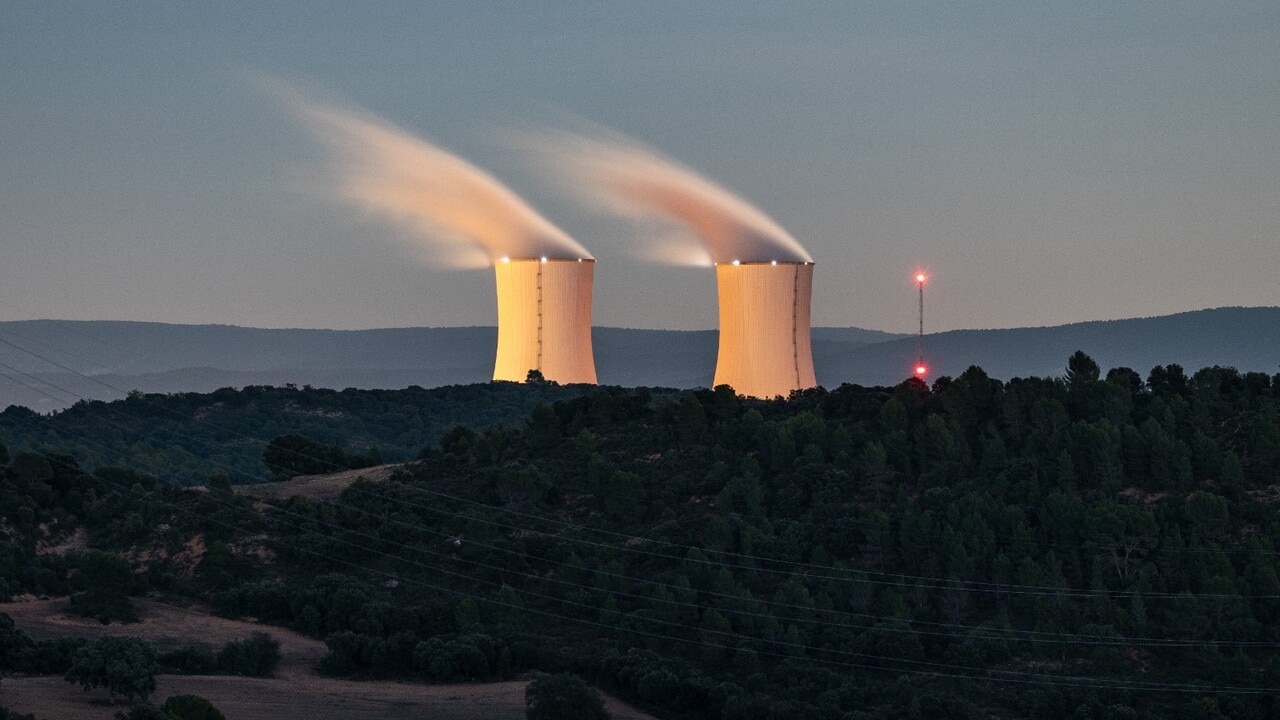
Will the Coalition give up nuclear if you lose?
I see no reason why you would be giving up nuclear, wind, solar, hydro, gas or any technology that might form a part of a policy if you, hand on heart, believe it is in the national interest.
You’d like to see the Coalition keep embracing nuclear even if you don’t get into government?
All evidence around the world, including the investigation we have done in the Australian context, points to the need for us to have zero emissions nuclear energy as part of the mix. I do not see that changing.
During your time as opposition climate change and energy spokesperson, have you ever felt despair at the journey to achieving net zero?
I’ve never thought the objective of achieving net zero is impossible, but I have certainly had my moments of despair when I look at the pathway the Labor government is taking us down. The question of 2050 is about more than just net zero, but what sort of nation we want to be, what sort of country we bequeath the next generation and, under Labor, I believe we will become a poorer, weaker and more dependent nation. And that has given me moments of despair. But what quickly gives me reason for hope is the fact that there is a better pathway if we are prepared, as a nation, to be humble and learn the lessons from other countries who are decarbonising while keeping prices down and the lights on.
Which medium-term emissions reduction targets will the Coalition develop and announce if you win?
We’ve already made it clear we will not be announcing targets ahead of the election. This is one of the big problems with where Labor has put Australia today. Labor settled on emissions-reduction targets from opposition without knowing how to deliver them, how much it would cost and who would pay.
Will you abide by the Paris Agreement and ensure Australia’s 2030 target doesn’t go backwards?
At this stage, even the Climate Change Authority of the government and the government itself concedes they will not meet their 43 per cent emissions reduction target by 2030. As the government, which has signed up to the target and now cannot achieve that target, they need to explain any potential breach of the Paris Agreement.
How would you sum up your opponent in one word?
Interesting.




